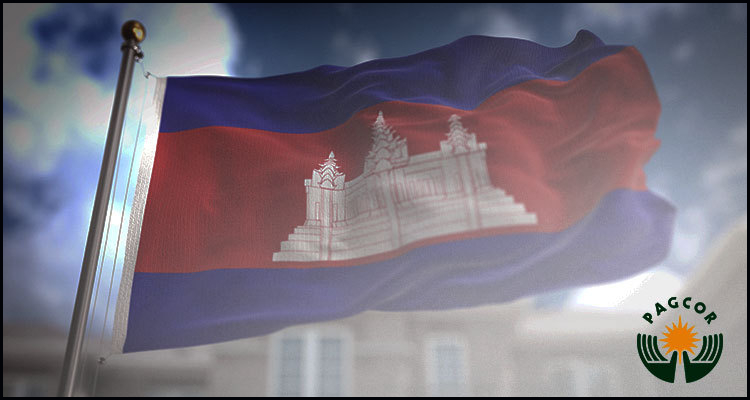The head of the nation’s gambling regulator in the Philippines has reportedly announced that the authority has stopped accepting license applications that give domestic iGaming firms the ability to offer their services to offshore markets.
According to a report from GGRAsia, Andrea Domingo serves as the Chief Executive Officer for the state-run Philippine Amusement and Gaming Corporation (PAGCor) regulator and made the revelation during a Monday news conference. She purportedly also detailed that the move was initiated some three weeks ago and came after several local legislators had expressed doubts over the authority’s ability to accurately monitor and collect tax revenues from such operations.
POGO profitability:
Citing ‘multiple news outlets,’ GGRAsia further detailed that there are 58 firms holding such Philippine Offshore Gaming Operator (POGO) licenses with a further three awaiting approval. Certifying these online casino operators purportedly earned the Asian nation almost $51.5 million in the six months to the end of June, which accounted for approximately 7% of PAGCor’s half-year gross income of just under $700 million.
Foreign fears:
The move comes amid concerns around the rising numbers of Chinese nationals being employed by such operators. Such anxieties purportedly even led the Philippines government to last month suggest a plan that would see a pair of self-contained iGaming hubs established to house such workers and their families.
However, critics reportedly immediately suggested that this move could possibly infringe upon the rights of such foreign workers while the Chinese embassy subsequently issued a statement in which it expressed ‘grave concern over such a potential move.’
move could possibly infringe upon the rights of such foreign workers while the Chinese embassy subsequently issued a statement in which it expressed ‘grave concern over such a potential move.’
Reportedly read a statement from Domingo…
“We will no longer, at this time, accept any more applications until we have reviewed and comfortably addressed all of the concerns of everybody.”
Cambodian suspension:
In related news, the news outlet further reported that the Cambodian government announced over the weekend that it would be following the Philippines’ lead and cease issuing new online gambling licenses. Officials purportedly proclaimed that such a move followed the infiltration of the sector by ‘foreign criminals,’ which is widely thought to be a reference to online and telephone fraud schemes targeted at ethnic Chinese consumers.



